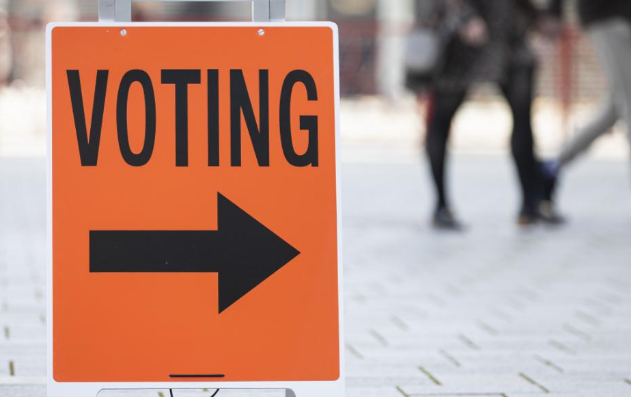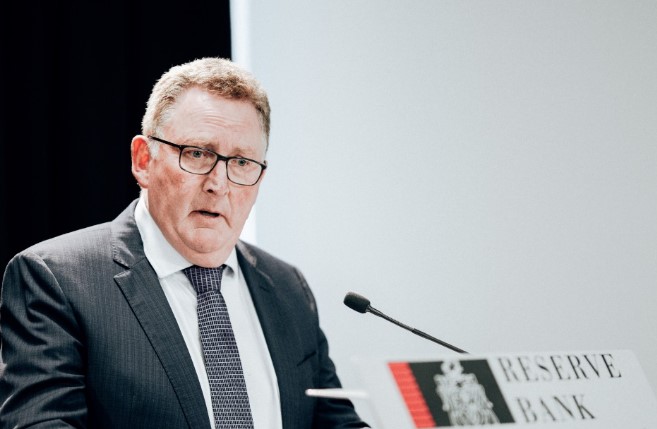One more wine
If only we would do what we were told, there would be little need for the suffering that forecasters around the world would have us believe is our fate for 2023. The powers that be told us to stop spending as inflation was climbing. Collectively, we chose to ignore and now we have to pay the price..no pun intended.
During and post covid, the lockdowns and the fourteen day quarantines in 2020/21 have resulted in restless workers and we all know what the devil does with idle hands. In this case they spend! Its not only latent time that was the issue, it was also the anxiety caused by this unprecedented spread of a killer disease around the globe. Anxiety is not nice and one will do what they can to quell it. In this case, the world went shopping hoping that ‘retail therapy’ would make the demon go away (1).
Alas, the therapy was temporary. Temporary with the relief but like any addiction, the beasty had a long drawn-out tail and it looks as though it’s ready to whip us all into submission. We sort-of all knew that the party would end and we knew that there would be a hangover that followed. However, now that the reckoning is on our doorstep many of us wished we had taken precautions to avoid the rocky downhill run we see before us.
Kiwi’s
Tony Alexandra (NZ economist) has mentioned that 60% of kiwis came off their fixed term interest rates in 2022 and the statistics are not out yet on how many of those people re-fixed. I am quite sure the number of people on fixed rates grew towards the end of 2022 as the interest rates started to take off.
The couple that bought a $1M dollar home in 2021 fixed at 3.5% will now need to find at least another $1,100 per month at today’s rates. Something will have to give and it will probably be nights out at a restaurant and/or overseas trips (2).
All the pundits are now saying that we are heading for a recession, is it something we did wrong? Could the Reserve Bank not have softened the blow by forecasting this outcome and raising the OCR earlier to smooth out the transition?
The Reserve Bank states that with the benefit of hind-sight they would have increased the rates earlier. Jarrod Kerr, economist for Kiwibank stated when discussing the covid-related monetary hand-outs: “Unfortunately they were much more stimulatory than expected, we’ve had a much better outcome than we thought. The emergency settings were left on for a bit too long.” (3)
Jarrod also mentioned in December 2022 that the recent OCR hike of 75 basis points was too high and out of step with what other central banks around the world were doing to tackle their inflation issues (4).
The job of the reserve Bank is keep the economy moving, employment and at the same time clasping a leash on inflation to keep it between 1 and 3%. Like just prior to the Global Financial Crash and other boom/bust periods, the powers that be enjoyed the party for too long and asked for ‘just one more wine’ before they called it a night. Banks were offering 90% loans when punters were stating that the property bubble had gone on for too long, then when it all crashed, the inevitable mortgagee sales filled the properties for sale section of the national newspaper. Everyone was hung over, repenting for their sins, but of course, it was too late.
So there we have it, the Reserve Bank was caught sleeping and if you didn’t pick that up when it was happening, you will pay dearly for it now when you come out of your short to medium term fixed mortgage rate.
So what are other countries around the planet doing to battle this issue:
China
China is having their own issues with the fallout from the debt crises of one of their biggest property developers, Evergrande and currently, the anti covid-lockdown protests springing up around the country in a time where people need to work to keep their business’s afloat (5).
Like NZ, China provided financial stimulus in 2020 however with the current covid lockdowns, the government has released 5 trillion yuan in 2022 when covid came back to play (6).
During the covid era, rather than giving handouts like many of the western countries did, in 2019 China’s State Council (The Govt) impressed upon the banks that they should give up approximately 78% of their profits and buy unsecured business loans. The bank hierarchy said that that would be fine (7).
For purposes of keeping this blog clean, I can’t print what I believe the western bank leaders would say if their respective governments suggested the same thing.
Inflation-wise, the country is more-or-less on hold as even though China recorded a 29 month high inflation rate in October 2022, the CPI has been measured around 3% in late 2022 (8).
The lock-down has stemmed growth, slowed down supply chains and generally put the country under a cold water tap (9).
The rumours of the covid lock down easing will no doubt put pressure on inflation as will the elevated prices of imports. Due to the ‘lag’ caused by the covid lockdowns, whatever happens in 2023 for the western countries may be China’s future in 2024.
*Note that any research done on China is reliant on the accuracy on the chinese and international media.
Australia
The reserve Bank in Australia has forecasted to hike their OCR periodically for the next two years. Then it will start dropping in late 2024. This is consistent with the NZ forecast. Below is a table showing the inflation rates for five of our trading partners.
Central banks (10)
USA
The table above shows that CPI for the USA at 7.7%. This has come down from 8.2% and if Preston Caldwell from Morningstar Research is correct, then inflation will keep dropping. Preston puts the reason of the projected drop to supply issues ironing out post covid and prices starting to stabilize (11).
UK
The CPI was recorded at 10.1% in September 2022 and then esculated to 11.1% in October 2022. Trading Economics in the UK mention that the increase would have been even higher if the government hadn’t stepped in a while back and introduced a price fix on electricity & gas (12).
The same company has forecasted a drop in inflation rates to 5.4% in 2023 and down to 1.5% in 2024 (13).
Conversely, Citi bank in the UK has said that the CPI will go in the opposite direction, rising to 18% in early 2023 (14).
This was reiterated by another Investment bank, Goldman Sachs, who have stated that they believe a rise to 22% was possible for 2023.
Summary
The goal here is to predict how long the covid hang over will last in the form of mortgage interest rates and if we should re-fix our mortgages for 6 months, five years or mix it somewhere in between these periods.
Because we are all intrinsically connected through trade and the exchange rates, I have chosen some of our main trading partners for this forecast as we are all in the same damn leaky boat.
I think we should concentrate more on the US and Australian markets as these two have less externalities affecting their inflation rates compared to the UK and China. The UK is under constant pressure with the rising gas prices due to the Ukraine war and as long as the war continues, NATO is unlikely to bow down and release sanctions on Russia. The lack of gas supply will therefore keep pushing prices up.
The economic pharaohs in both the US and Australia believe that by mid-2024, the world will come right and the mortgage interest rates will drop. Our Governor believes that NZ will peak in mid 2023 and fifteen months later the OCR will start to fall.
So, the general consensus is to probably fix your rates for another two years. Remember that the worse thing you can do is to do nothing with the attitude of having just one more wine, chilling out and seeing what happens. The reserve bank did this, don’t be like the Reserve Bank.
References
- https://www.ncbi.nlm.nih.gov/pmc/articles/PMC9379614/
- https://nzhl.co.nz/finance/tony-alexander-are-kiwis-part-of-a-slow-moving-car-crash/
- https://www.stuff.co.nz/business/300748334/interest-rate-crunch-did-the-reserve-bank-drop-the-ball
- https://www.stuff.co.nz/business/money/300756956/reserve-bank-at-risk-of-going-too-far-kiwibank-economist-says?cx_testId=8&cx_testVariant=cx_1&cx_artPos=0#cxrecs_s
- https://www.npr.org/2022/11/29/1139509250/china-lockdown-protests-xi-jinping-zero-covid-policy
- https://www.bloomberg.com/news/articles/2022-05-19/china-s-stimulus-tops-5-trillion-as-covid-zero-batters-economy?leadSource=uverify%20wall
- https://www.scmp.com/economy/china-economy/article/3083268/china-coronavirus-stimulus-what-measures-have-been-used
- https://tradingeconomics.com/china/inflation-cpi
- https://www.reuters.com/markets/asia/chinas-sept-consumer-prices-rise-fastest-pace-since-april-2020-2022-10-14/
- https://www.rbnz.govt.nz/-/media/6f94404804da43e0a2257ea5c44fc825.ashx
- https://www.morningstar.com/articles/1106505/why-we-expect-the-fed-to-cut-interest-rates-in-2023
- https://tradingeconomics.com/united-kingdom/inflation-cpi
- https://tradingeconomics.com/united-kingdom/inflation-cpi?embed/forecast
- https://www.theguardian.com/business/2022/aug/22/uk-inflation-will-hit-18-per-cent-in-early-2023-says-leading-bank-citi-gas-electricity




